Electric vehicles (EVs) are considered as a gateway to a cleaner, more sustainable future way of driving. But, despite their rise in popularity, there’s a growing concern for the hidden costs that owners need to consider. Here are 18 surprising costs of owning an electric vehicle in 2024:
Higher Upfront Costs

EVs tend to have a higher purchase price compared to their internal combustion engine (ICE) counterparts. While prices are slowly coming down, the advanced technology and expensive batteries contribute to this premium. Even with government incentives, the initial cost of an EV can still be a financial hurdle for many.
Battery Replacement
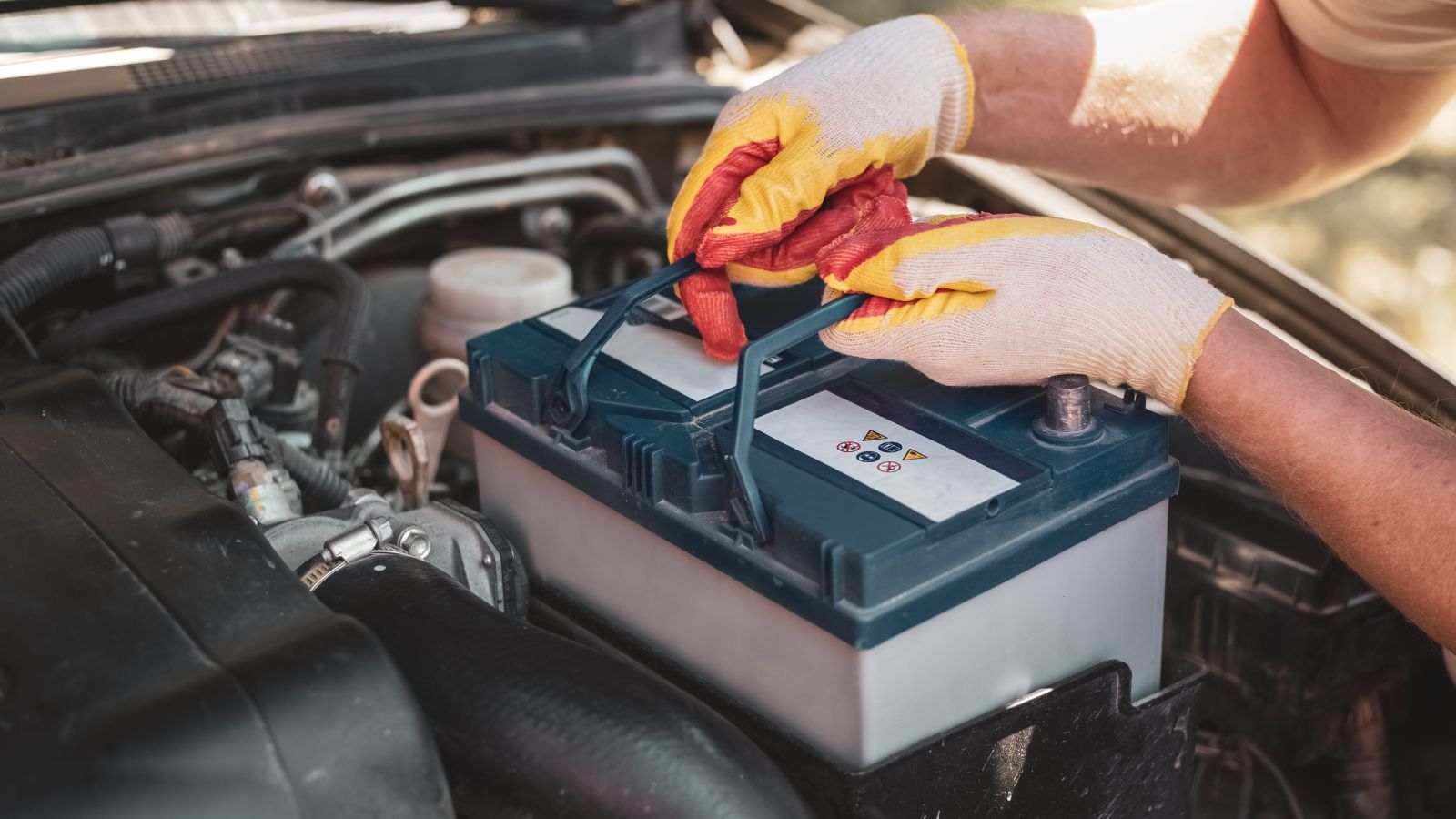
One of the most significant long-term costs associated with EVs is battery replacement. While EV batteries are designed to last for several years, they do degrade over time, leading to reduced range and efficiency. Depending on the model, replacing a battery can cost anywhere from $5,000 to $15,000.
Home Charging Station Installation
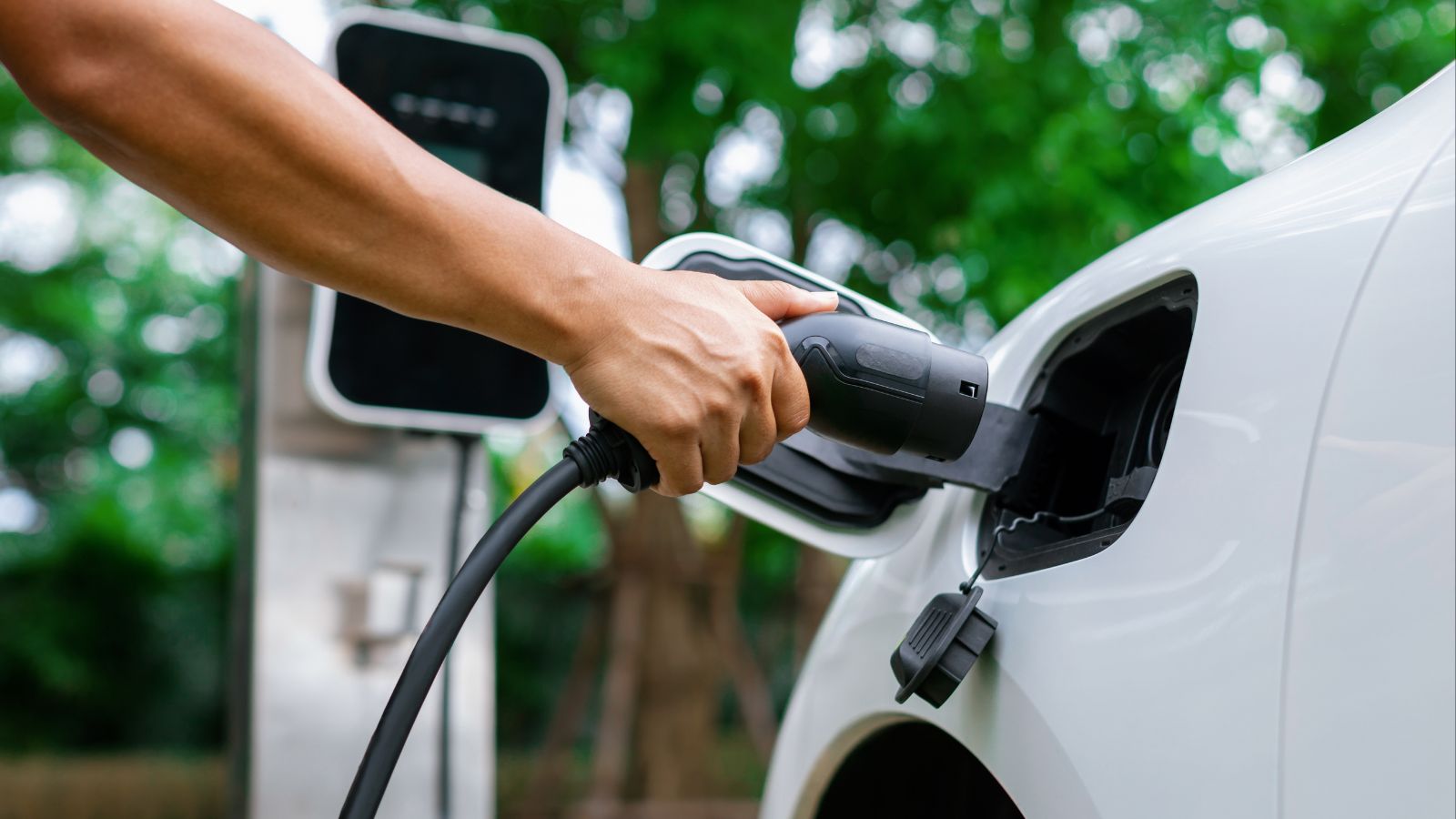
Many EV owners opt to install a home charging station for convenience. However, the cost of purchasing and installing a Level 2 charger can range from $500 to $2,000, depending on your electrical setup and local labor costs.
Increased Home Electricity Bills
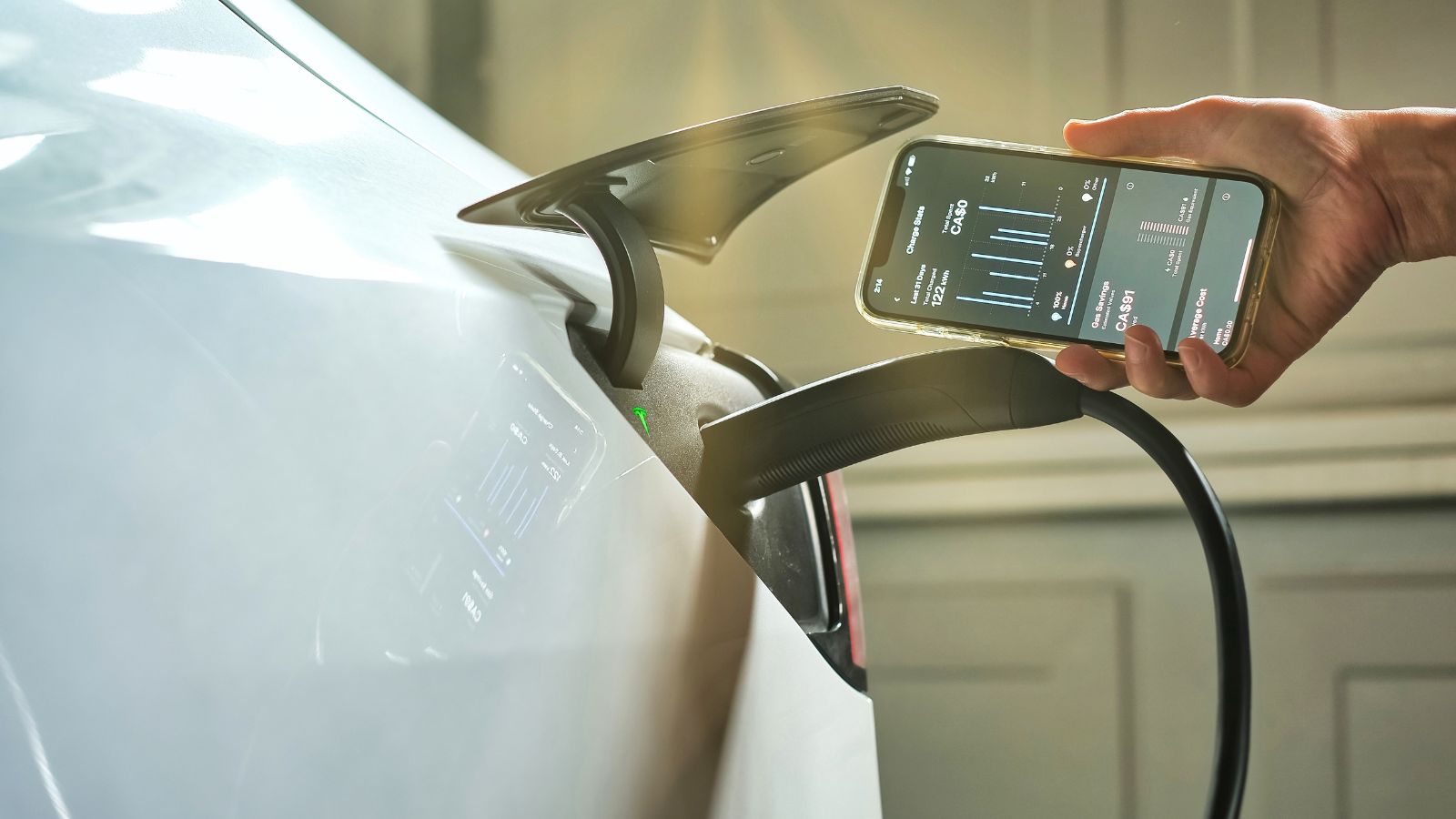
Charging an EV at home will inevitably lead to higher electricity bills. While it’s generally cheaper than fueling a gas-powered car, the increase in your monthly utility bill can still be noticeable, especially if you drive long distances regularly.
Public Charging Fees
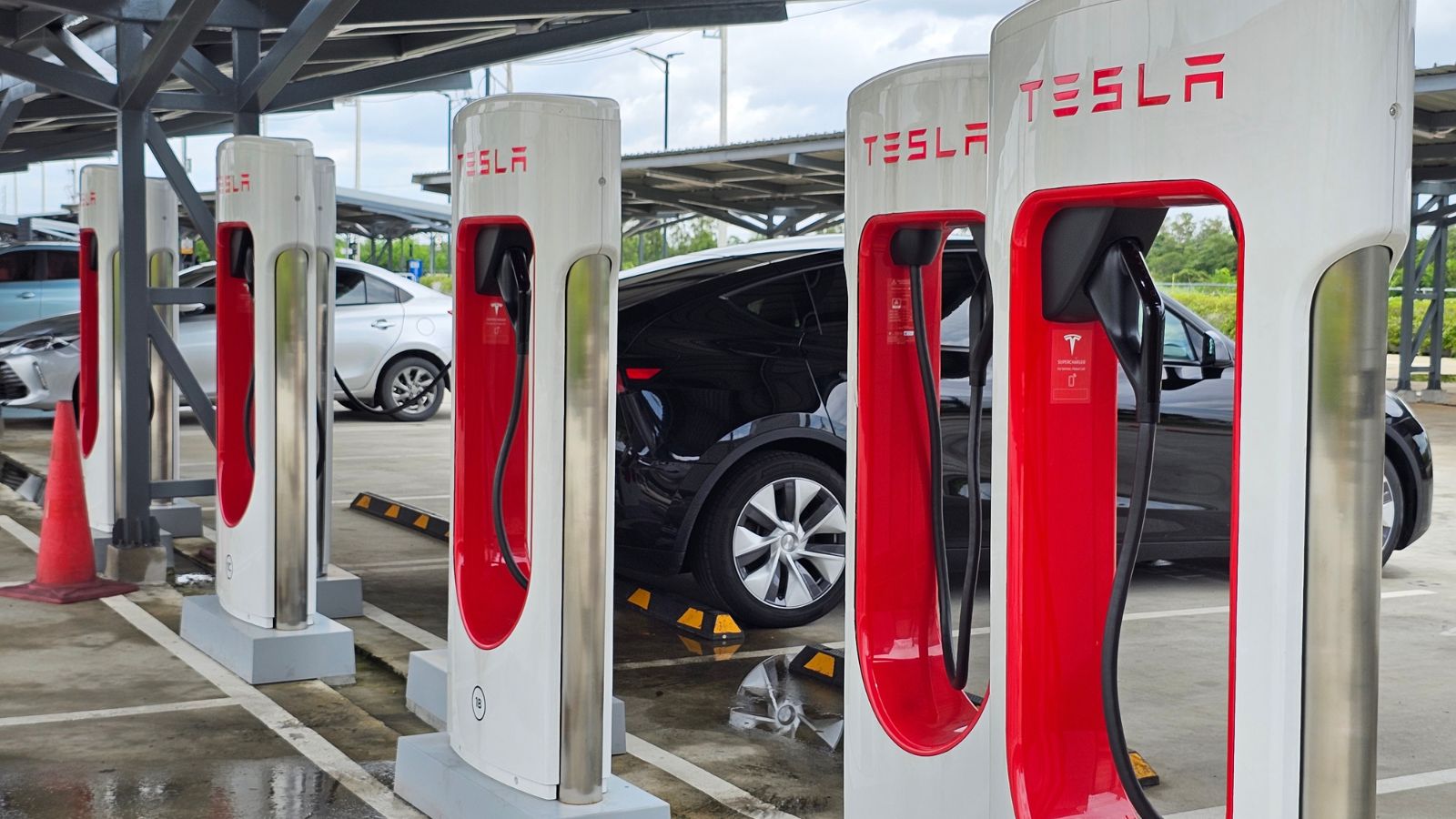
While there are free public charging stations, many require payment. Costs can vary widely, with some fast chargers costing as much as $0.30 to $0.50 per kWh. For frequent travelers or those without access to home charging, these fees can add up quickly.
Insurance Premiums

Insuring an EV can be more expensive than insuring a traditional vehicle. One reason for higher premiums is the amount of money EV’s require when it comes to replacing specialized parts like batteries, something insurance companies don’t experience with standard cars.
Specialized Maintenance

While EVs generally have fewer moving parts and lower maintenance needs than ICE vehicles, when they do require repairs, it can be costly. While many garages are egypt at working on EVs, sometimes finding a mechanic who is trained to work on them can be challenging, which leads to higher labor costs.
Depreciation

EVs tend to depreciate faster than gas-powered cars. This is partly because of the rapid advancement in EV technology, which can make older models seem outdated quickly. Additionally, concerns about battery life can reduce resale value.
Software Updates

Modern EVs are heavily reliant on software, and while some updates are free, others may come with a cost. Additionally, some EV features require ongoing subscriptions to keep your card updated, which adds to the overall cost of ownership.
Tire Wear

EVs are heavier than traditional cars due to their batteries, which can lead to faster tire wear. The instant torque delivered by electric motors can also contribute to increased tire wear, leading to more frequent replacements.
Battery Degradation and Reduced Range

Over time, the battery in an EV will degrade, leading to a reduction in range. This can be a hidden cost, as you may need to charge more frequently or even replace the battery sooner than anticipated.
Limited Charging Infrastructure
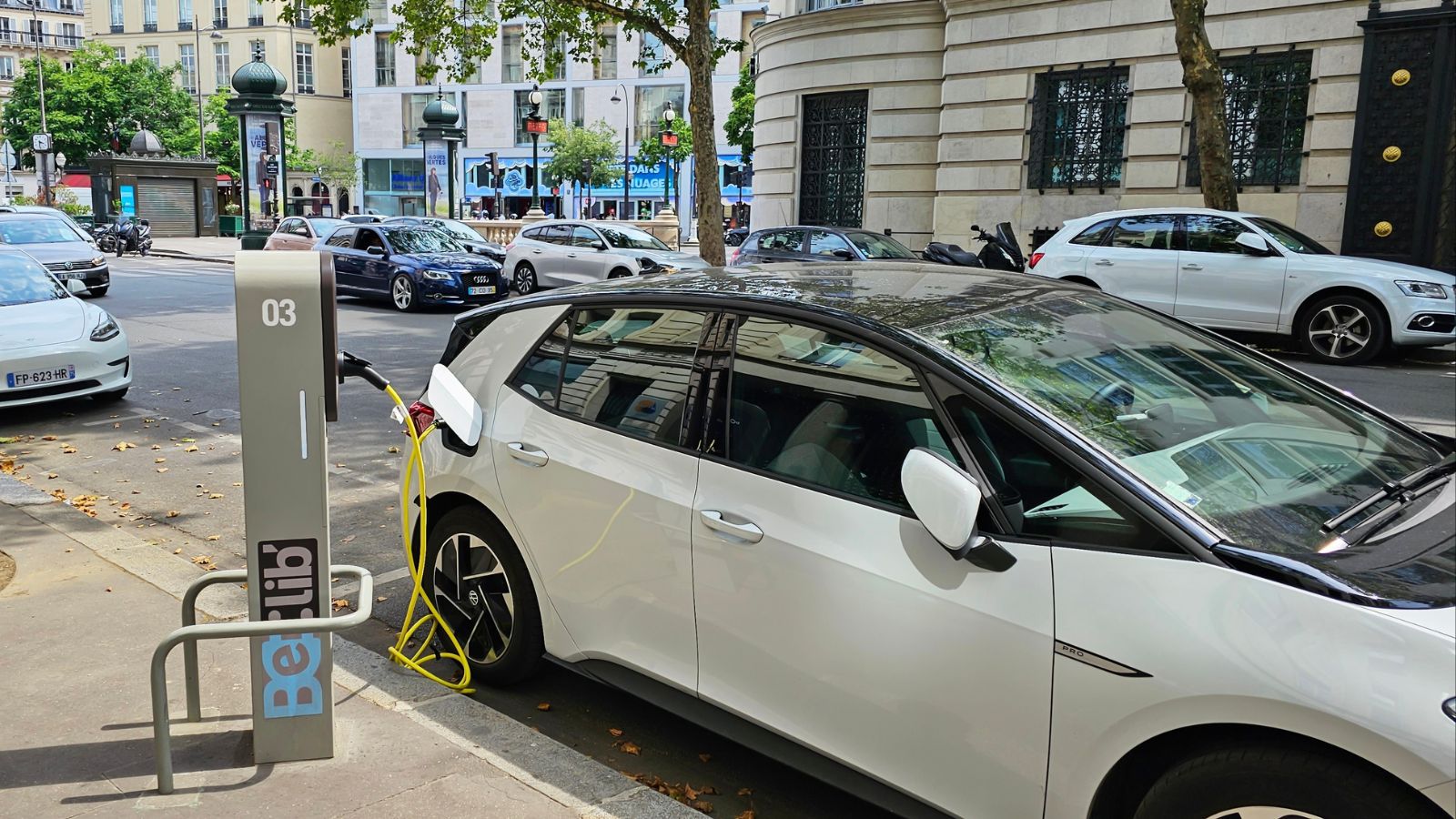
While the charging network is expanding, it’s still not as ubiquitous as gas stations. In some areas, finding a charging station can be difficult, and you may have to pay a premium for the convenience of charging on the go.
Reduced Cold Weather Performance

EVs can suffer from reduced range and performance in cold weather. This is due to the battery being less efficient in lower temperatures, as well as the increased energy demand from the heating system.
High-Voltage Battery Disposal

At the end of an EV battery’s life, proper disposal or recycling is necessary. This process can be costly and is not always covered by the manufacturer, potentially leaving the owner with a hefty bill.
Lower Availability of Used Parts

Due to the relative newness of EVs, there is a smaller market for used parts. This means that if a repair is needed, you may have to purchase new, expensive components rather than finding a cheaper used alternative.
Charging Time

Time is money, and charging an EV takes significantly longer than refueling a gas car. Even with fast chargers, you’re still looking at a minimum of 20-30 minutes for a substantial charge, compared to just a few minutes at the pump.
Potential for Outdated Technology

As EV technology evolves rapidly, today’s cutting-edge EV could be considered outdated in just a few years. This can affect the resale value of your vehicle and might even require costly upgrades to stay current.
Limited Towing Capabilities

Most EVs have limited towing capacities compared to their ICE counterparts.You might have to buy or hire a second car if you require one for towing, which would raise your overall expenses.
18 Reasons Why People Are Leaving Florida in Masses

Exploring factors that impact the desirability of living in Florida, this list delves into various challenges shaping residents’ experiences. From environmental concerns like rising sea levels to economic factors such as fluctuating job markets, these issues collectively contribute to a nuanced understanding of the state’s appeal.
18 Reasons Why People Are Leaving Florida in Masses
